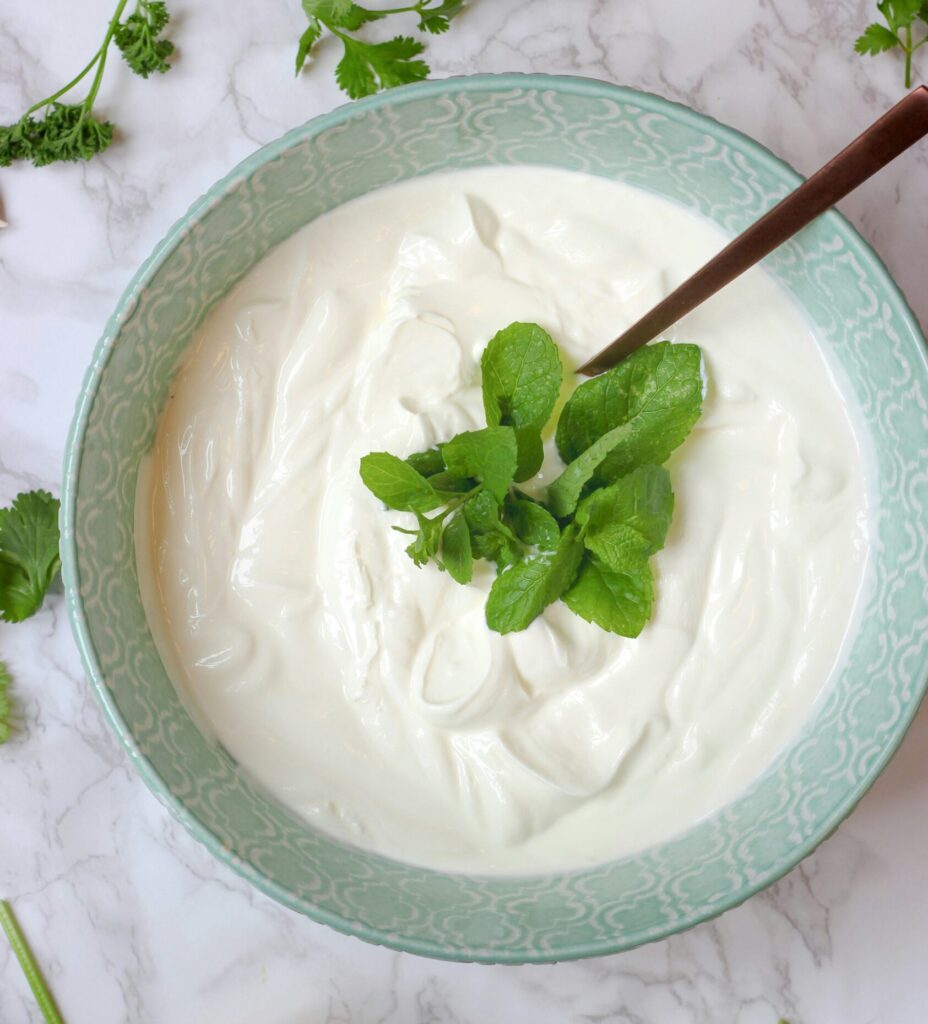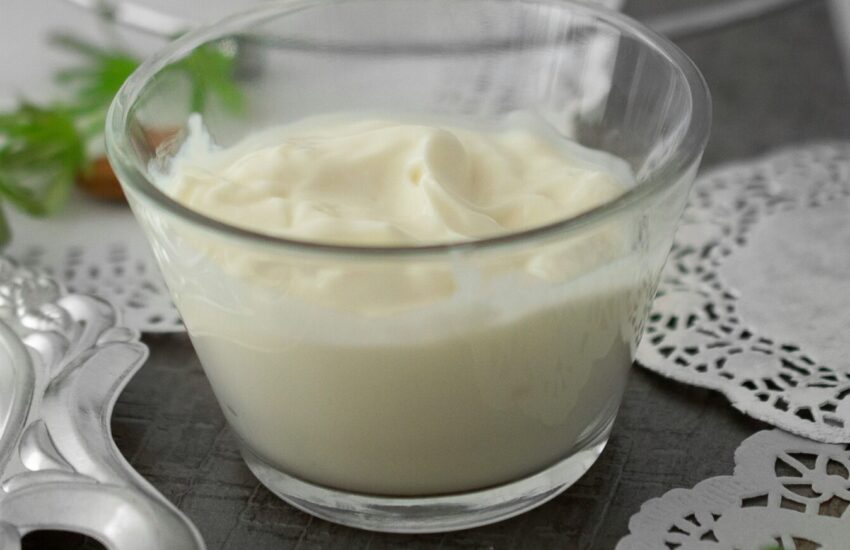Curd, also known as yogurt in many parts of the world, is a dairy product that is made by fermenting milk with live bacteria cultures. It has a creamy texture and a tangy flavor, making it a versatile ingredient in various cuisines. Curd is not only delicious but also boasts numerous health benefits due to its rich nutritional profile and probiotic content. Followings are the some of the Health Benefits of Curd suggested by Mohit Tandon from Burr Ridge :
1. Probiotic Powerhouse:
Firstly, Curd is renowned for its probiotic properties, serving as a reservoir of beneficial bacteria that promote gut health. These probiotics aid in digestion by maintaining a healthy balance of gut flora, thus reducing digestive issues such as bloating and constipation.
2. Digestive Aid:
Secondly, With its rich probiotic content, curd facilitates the breakdown of food in the digestive tract, enhancing nutrient absorption and promoting smoother digestion. This makes it particularly beneficial for individuals suffering from gastrointestinal disorders. – Mohit Tandon Burr Ridge
3. Bone Health Booster:
Thirdly, Curd is a rich source of calcium, essential for maintaining strong and healthy bones. Regular consumption of curd helps prevent conditions like osteoporosis and bone fractures, especially important for individuals at risk of bone-related ailments.
4. Immune System Support:
Especially, The probiotics present in curd play a crucial role in supporting the immune system by enhancing the body’s defense mechanisms against pathogens and infections. Incorporating curd into the diet can thus help strengthen immunity and reduce the risk of falling ill. – Mohit Tandon Burr Ridge
5. Protein Powerhouse:
Surely, Curd is a valuable source of protein, containing all the essential amino acids required by the body. Protein is essential for muscle repair, growth, and overall tissue maintenance, making curd a valuable addition to a balanced diet, especially for vegetarians.
6. Lactose Tolerance:
Unlike other dairy products, curd contains lower levels of lactose, making it easier to digest for individuals with lactose intolerance. This allows lactose-intolerant individuals to enjoy the nutritional benefits of dairy without experiencing discomfort or digestive issues. – Mohit Tandon Burr Ridge

7. Blood Pressure Regulation:
Curd contains potassium, a mineral known for its role in regulating blood pressure levels. Regular consumption of curd can help maintain healthy blood pressure, reducing the risk of hypertension and related cardiovascular diseases.
8. Metabolic Boost:
The B vitamins present in curd play a vital role in energy metabolism, helping convert food into energy that the body can utilize. Incorporating curd into the diet can thus contribute to increased energy levels and overall metabolic function.
9. Weight Management:
Curd is a low-calorie, high-protein food that can aid in weight management efforts. The protein content helps promote satiety, reducing cravings and the overall calorie intake. Additionally, the probiotics in curd may support a healthy weight by modulating gut microbiota.
10. Improved Digestive Health:
The probiotics in curd can help alleviate symptoms of digestive disorders such as irritable bowel syndrome (IBS) and inflammatory bowel disease (IBD). By promoting a healthy balance of gut bacteria, curd may help reduce inflammation and improve overall digestive health.
11. Mental Well-being:
Emerging research suggests a link between gut health and mental well-being, often referred to as the gut-brain axis. The probiotics in curd may play a role in this connection, with some studies indicating that probiotic-rich foods can help reduce symptoms of anxiety and depression.
12. Enhanced Nutrient Absorption:
The probiotics in curd not only aid in digestion but also enhance the absorption of nutrients from other foods consumed alongside it. This means that incorporating curd into meals can help maximize the nutritional benefits derived from the entire meal.
13. Skin Health:
The probiotics in curd may contribute to improved skin health by promoting a healthy balance of bacteria on the skin’s surface. Some research suggests that consuming probiotic-rich foods like curd may help reduce acne and other skin conditions. – Mohit Tandon Burr Ridge
14. Dental Health:
Curd contains calcium and phosphorus, minerals essential for maintaining strong teeth and bones. Incorporating curd into the diet may contribute to better dental health by promoting enamel strength and reducing the risk of tooth decay and cavities.
15. Anti-inflammatory Properties:
Some studies suggest that the probiotics in curd may have anti-inflammatory effects, which can benefit overall health. Chronic inflammation is linked to various diseases, including heart disease, diabetes, and autoimmune disorders, so incorporating anti-inflammatory foods like curd into the diet may help mitigate inflammation and reduce the risk of related conditions.
